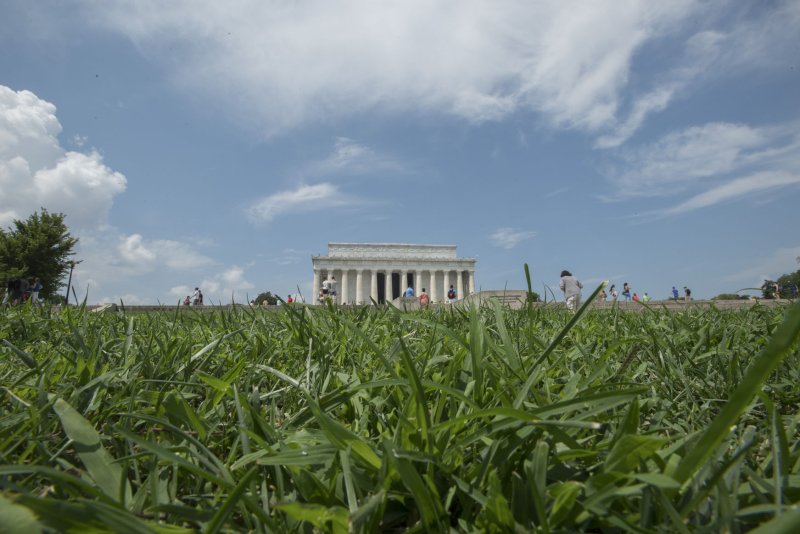Aug. 16 (UPI) -- New research suggests the soil microbiome on the National Mall was mostly unaltered by the recent multiyear turf restoration project.
Last year, the final stages of the equivalent of a massive skin graft were completed on the National Mall.















